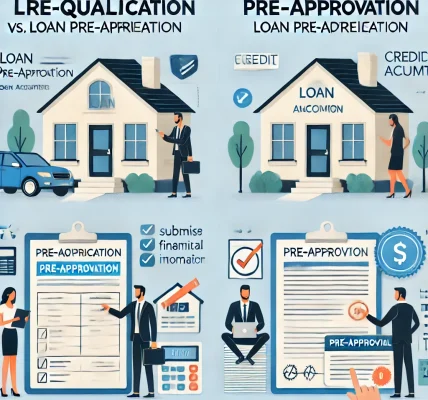Introduction
When you file an insurance claim, one of the key individuals you will interact with is the insurance adjuster. They play a crucial role in evaluating your claim, determining the extent of your loss, and ensuring that settlements align with the terms of your policy. Understanding the role of an insurance adjuster can help you navigate the claims process more effectively and avoid unnecessary disputes or delays.
In this guide, we’ll explore who insurance adjusters are, what they do, how they assess claims, and what you can do to ensure a fair settlement.
1. Who is an Insurance Adjuster?
An insurance adjuster is a professional hired by an insurance company to investigate and evaluate claims. Their primary responsibility is to determine the validity and value of a claim based on policy coverage, evidence, and legal guidelines.
Types of Insurance Adjusters:
- Company Adjusters – Employed directly by insurance companies to handle claims on their behalf.
- Independent Adjusters – Work on a contract basis for multiple insurance companies.
- Public Adjusters – Hired by policyholders to help negotiate a better claim settlement.
2. Responsibilities of an Insurance Adjuster
1. Investigating the Claim
The adjuster’s first task is to gather all relevant details about the claim, which includes:
- Reviewing the insurance policy coverage.
- Interviewing the claimant and witnesses.
- Inspecting damaged property, medical records, or police reports.
2. Assessing the Damage or Loss
The adjuster evaluates the extent of damage or loss and determines:
- Whether the claim is valid under the policy.
- How much compensation the policyholder is eligible for.
- If additional documents or assessments are required.
3. Negotiating the Settlement
After reviewing the claim, the adjuster:
- Proposes a settlement amount based on their assessment.
- Engages in negotiations with the claimant or their representative.
- Ensures that the settlement aligns with the policy’s coverage and limits.
4. Preventing Fraudulent Claims
Insurance fraud is a concern for insurers, and adjusters play a role in detecting:
- Exaggerated or false claims.
- Forged documents or misrepresented damages.
- Staged accidents or losses.
3. How Do Insurance Adjusters Evaluate Claims?
1. Reviewing Policy Terms
Adjusters carefully examine the insurance policy to determine:
- What is covered and what is excluded.
- The maximum payout limits.
- Any applicable deductibles.
2. Collecting Evidence
They gather evidence from multiple sources, including:
- Photographs and videos of the damage.
- Medical reports in case of injury claims.
- Police or incident reports.
- Expert opinions (e.g., contractors for property damage, medical professionals for injuries).
3. Assessing Repair and Replacement Costs
In property or auto claims, adjusters may:
- Visit the site of damage.
- Consult with repair professionals.
- Use standardized software to estimate repair costs.
4. Calculating the Compensation Amount
Based on their findings, adjusters determine:
- The fair market value of the loss.
- The depreciation factor, if applicable.
- The final settlement amount, factoring in deductibles and policy limits.
4. Tips to Ensure a Fair Claim Settlement
1. Understand Your Policy Coverage
Before filing a claim, make sure you:
- Read and understand your policy’s terms.
- Know your coverage limits and exclusions.
- Keep a copy of your policy handy for reference.
2. Provide Accurate and Complete Information
- Ensure all claim details are accurate.
- Provide supporting documents such as receipts, bills, or repair estimates.
- Avoid exaggerating damages, as this could lead to claim rejection.
3. Document Everything
- Take photos and videos of the damage immediately.
- Maintain a record of all interactions with the adjuster.
- Get repair estimates from multiple sources to cross-check adjuster evaluations.
4. Communicate Clearly and Professionally
- Be prompt in responding to the adjuster’s queries.
- Ask questions if any part of the process is unclear.
- Keep written communication for reference in case of disputes.
5. Negotiate if Necessary
- If the settlement offer seems low, ask for a detailed breakdown.
- Provide additional evidence to justify a higher settlement amount.
- Consider hiring a public adjuster if you feel the claim is undervalued.
5. What to Do If Your Claim is Denied or Underpaid
If you believe your claim has been unfairly denied or undervalued, you can:
- Request a detailed explanation for the decision.
- Gather additional evidence and resubmit your claim.
- File an appeal with the insurance company.
- Seek legal advice if you believe the denial was wrongful.
Conclusion
Understanding the role of an insurance adjuster can help you navigate the claim process with confidence. By being well-prepared, maintaining clear communication, and knowing your rights, you can improve the chances of a fair and timely settlement.
If you ever feel unsure during the claim process, seeking expert advice from a public adjuster or legal professional can provide additional support. With the right approach, you can ensure that your insurance claim is handled efficiently and fairly.



